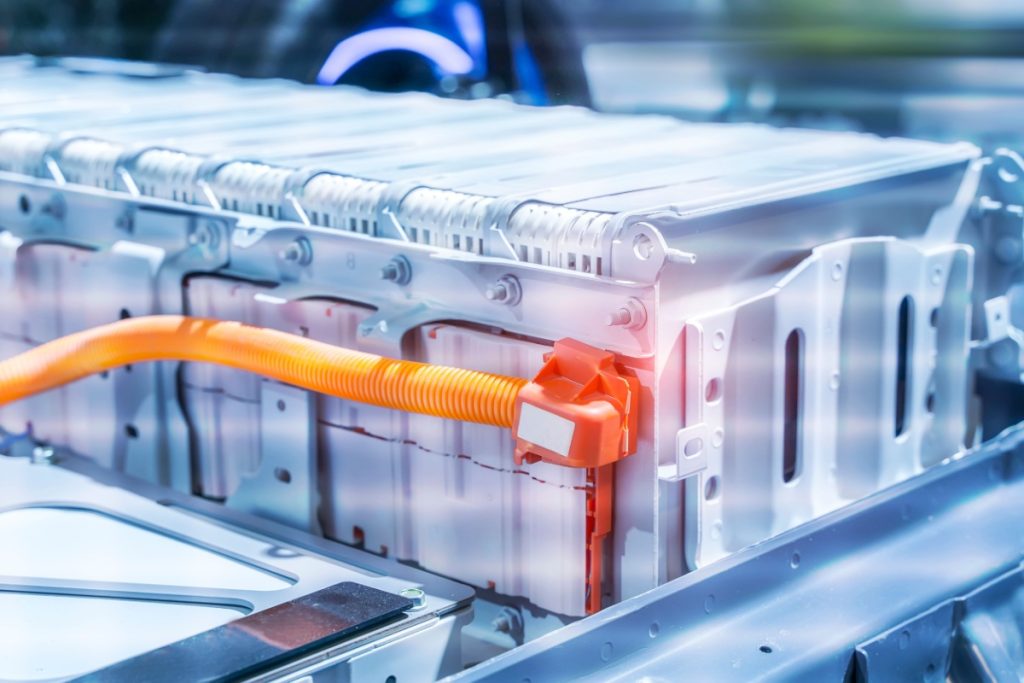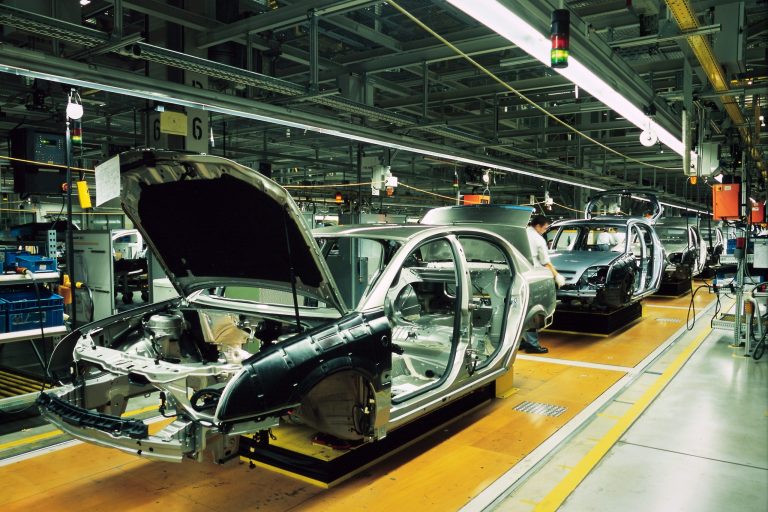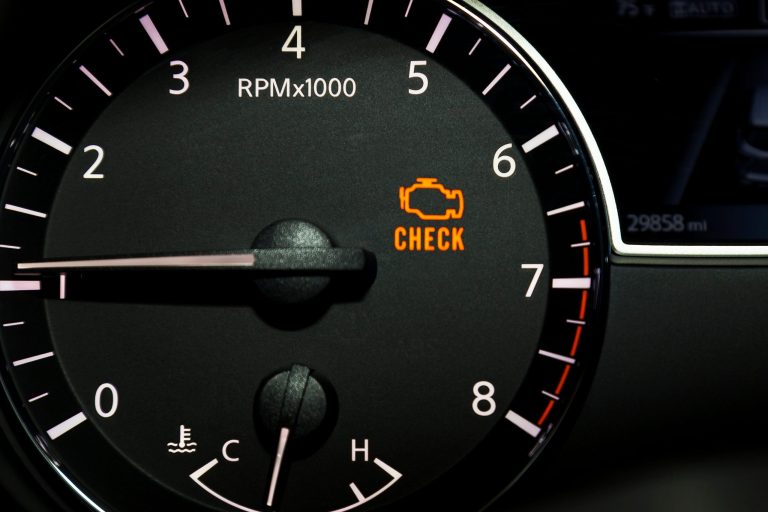Ford is under scrutiny from the National Highway Traffic Safety Administration (NHTSA) following reports that a Mach-E recall repair failed to address critical battery problems. The affected electric vehicles (EVs) exhibited faulty battery contacts, resulting in hazardous loss of control incidents for drivers. Despite Ford’s initial recall in June 2022 to address the issue, the repair appears insufficient.
The ramifications are concerning for owners of 2021 or 2022 Mach-E models, potentially warranting the filing of a lemon claim against Ford. Here’s a breakdown of the problem and steps to hold Ford accountable for this safety flaw.
Ford’s Initial Recall Falls Short in Addressing Mach-E Battery Concerns
In June 2022, Ford recalled about 49,000 2021-2022 Ford Mach-E vehicles due to a flaw in the high-voltage battery. The battery’s contactors were susceptible to heat damage during high-voltage fast charging, an integral feature of the model. Excessive heat could cause the contactors to fail, disrupting the vehicle’s power supply.
Two failure modes emerged. The first resulted in contactors warping open, cutting off power while the vehicle was in operation, posing serious safety risks. The second, more perilous mode occurred when extreme heat caused the contactors to weld closed, leading to uncontrolled acceleration events. This acceleration issue heightened the risk of severe accidents, as high speeds correlate with increased crash severity.
Despite Ford’s attempts to address the issue through software updates and junction box replacements by the end of 2022, reports of power loss persisted among Mach-E owners in the following year.

Ongoing Investigation into Mach-E Battery Concerns
In response to continued reports of problems, the NHTSA has initiated an investigation into Ford and its handling of Mach-E repairs. The focus includes evaluating whether the initial recall encompassed a sufficient number of vehicles and if the repairs provided an effective remedy for the defect.
An NHTSA investigation carries significant implications for manufacturers, potentially resulting in additional recalls, fines, or owner reimbursements for defective vehicles. While the investigation’s outcome remains uncertain, Mach-E owners should brace for potential further issues.
Potential Eligibility for Lemon Claims
Affected Mach-E owners need not await the investigation’s conclusion to take action. Under California state law, carmakers must address manufacturing defects affecting value, utility, or safety. Failure to rectify defects within a reasonable number of attempts could warrant vehicle replacement or refund.
2021 and 2022 Mach-Es likely remain eligible for lemon claims due to their warranty coverage and the timing of the initial recall. Owners experiencing recurrent power loss or uncontrolled acceleration events may have grounds to file lemon claims against Ford, particularly if safety issues persist after repair attempts.









